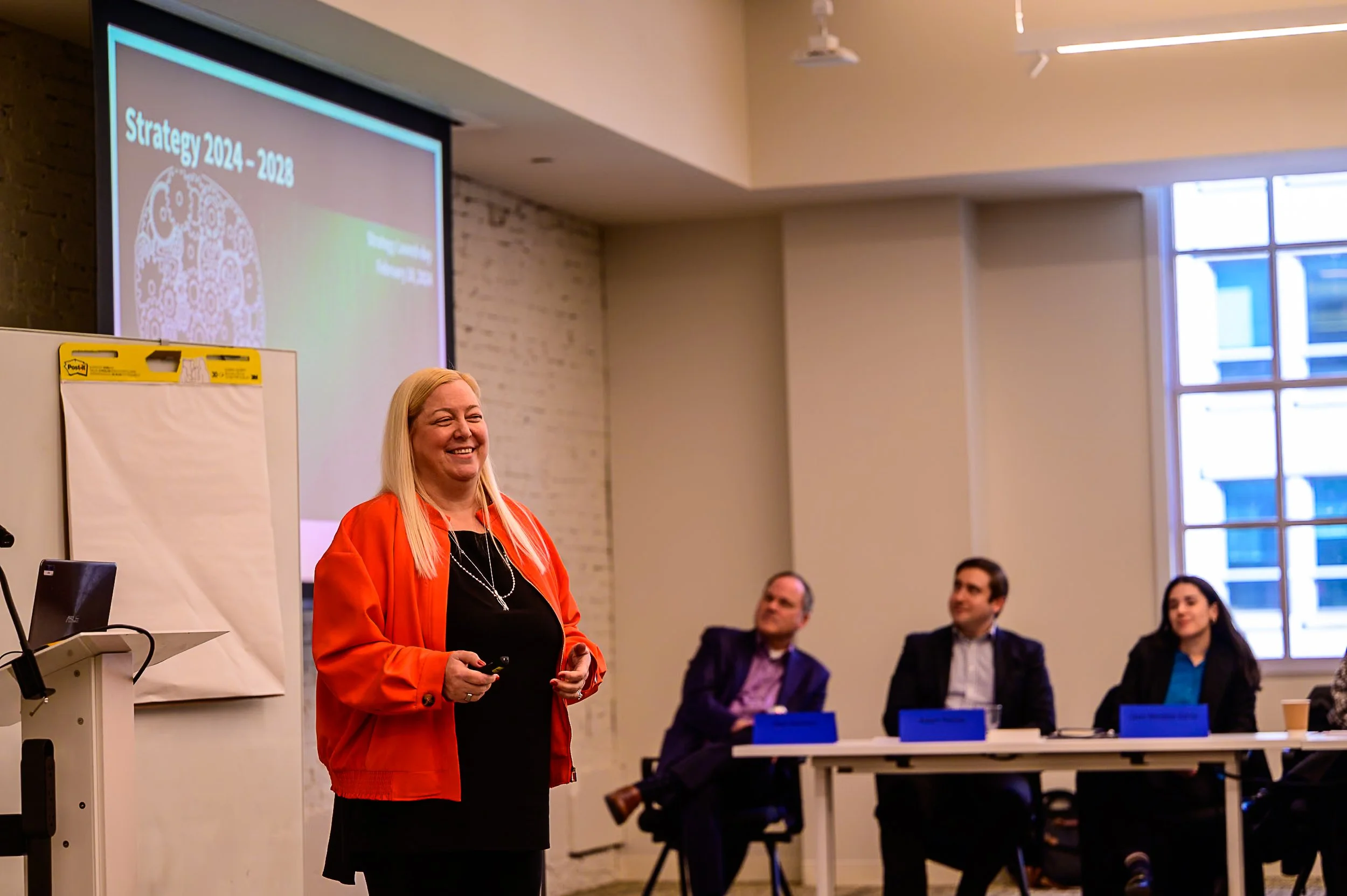
There is Nothing Permanent Except Change (Climate Change, That Is)
Most leaders, and humans, can likely agree that change is hard. Nevertheless, adapting to changing circumstances is the new normal.
A changing climate represents the pinnacle of this challenge, which carries complex, unpredictable implications on a global scale. In 2023, the United States established the National Climate Task Force, marking a pivotal moment in its commitment to addressing these uncertainties. Over 25 cabinet-level leaders have pledged to implement enterprise-level changes. This gives the Federal Government an unprecedented opportunity to leverage change management methods and tackle climate challenges, promote environmental justice, and create jobs.
Understanding the Role of Change Management
Common terms and techniques that change management methods deploy are, well, obvious. But it is important to remember institutions and people are resistant to change. Structured change management principles help Federal agencies achieve initiatives with stakeholder buy-in, minimal resistance, and effective implementation. Effective change management requires more than just creating and executing a plan; it involves adopting an iterative and systematic approach and staying accountable. Moreover, it means anticipating where the wheels of change can grind to a halt and having the fools ready to grease the right spots.
Government leaders can consider the following when navigating how their agency plans for climate change:
Build a Coalition of Stakeholders: Engaging stakeholders early helps leaders incorporate their perspectives, insights, and expertise into decision-making, which fosters a sense of ownership and responsibility toward broader climate goals
Develop a Change Management Plan: Creating and sponsoring a well-defined change management plan as a roadmap will help leaders implement enterprise-level changes. Leaders should also outline specific actions that reduce programs and behaviors causing climate change, such as transitioning to renewable energy sources, implementing sustainable transportation policies, and promoting energy-efficient practices
Foster a Culture of Sustainability: Promoting awareness, training on sustainable practices, and recognizing behavior to encourage programs and the workforce can help leaders incorporate climate change into their initiatives
Continually Adaptive Approach: Conducting regular assessments on continual adaptation, identifying bottlenecks, and assessing the effectiveness of implemented changes can help leaders align evolving needs and the broader climate agenda
By embracing these organizational change management principles, Federal agencies can maximize the impact of these historic investments, building our nation’s resilience to climate change and maintaining agility in the face of the only permanent thing: change.





















